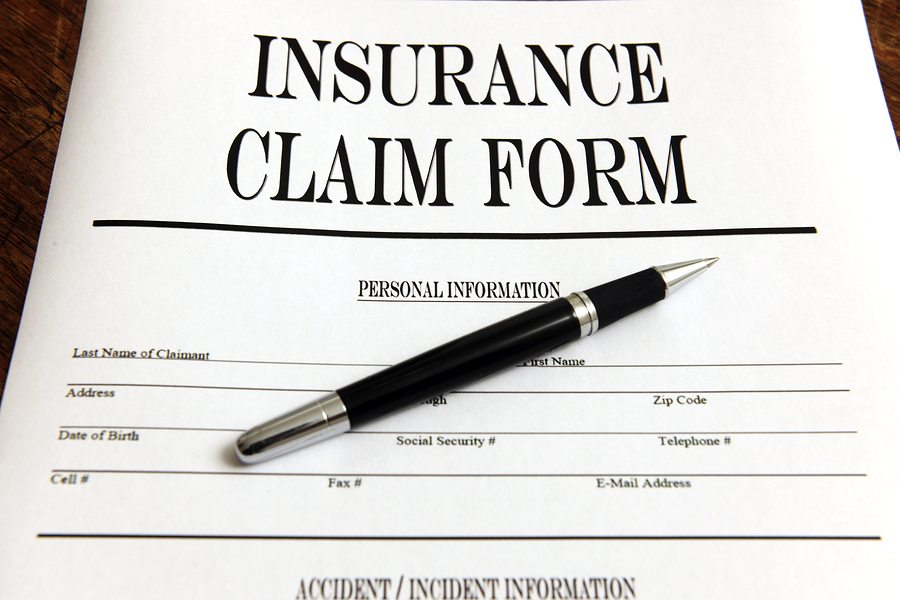New York Bad Faith Insurance Attorneys
Insurance is there to help provide a financial safety net when life takes an unexpected turn. Whether you’ve been the victim of an auto accident, a fire, an act of medical malpractice, or other causes of injury or property damage, you expect your insurance company, or that of the individual who was at fault for your accident, to step in and offer reasonable coverage in accordance with the terms of the policy.
Unfortunately, that isn’t how the process always unfolds. It is not uncommon for insurance companies to engage in illegal “bad faith” tactics that are designed to save the company money, but cause considerable financial harm to the person who has been injured. If you think you have been the victim of bad faith insurance in Manhattan, Brooklyn, or Queens, contact one of our highly experienced attorneys for immediate assistance. Call the law offices of Sullivan & Galleshaw at (718) 843-0300 to arrange a free and confidential legal consultation today.
What Types of Acts Could Be Considered Bad Faith Insurance in New York?
In New York, an insurance company’s duty to defend the insured individual is determined not only from the complaint filed against the insured and the insurance policy itself, but also all other facts that are known to the insurance company or insurer from any source. If, when these facts are read in context of the policy and complaint, there is at least one claim against the insured that would potentially be covered or insured against by the policy, then the duty to defend is triggered, and the insurer must defend its insured. Once a duty to defend or a duty for indemnification has been triggered, the insurance company’s obligations to the insured are defined by both statutory law and case law.
In short, there is notable and strong bias in favor of finding a duty to defend an insured person. However, despite this duty, insurance companies often attempt to disclaim coverage and engage in other money-saving practices that may constitute bad faith actions which violate the insurer’s duty to its policyholders. These bad faith actions can include, but are not necessarily limited to, the following tactics and practices:
- Failure to acknowledge and reply upon notification of a covered claim.
- Undue delays in handling claims.
- The usage of a biased expert, or a one-sided investigation process.
- Conducting an inadequate investigation.
- Refusing to defend a lawsuit.
- Making threats against the insured.
- Requesting excessive, overly burdensome documentation that is not actually required by the policy.
- Using illegal or fraudulent investigative practices.
- Making wrongful threats of non-payment.
- Refusing to make a reasonable settlement offer.
- Making unreasonable interpretations of an insurance policy.
- Advising the claimant not to hire a lawyer, which critically undermines the claimant’s ability to defend and exercise their legal rights to the fullest extent.
- Using inaccurate, out-of-date, or untrue legal or factual information as a basis to deny payment.
- Attempting to shift blame and responsibility from the insurer to the insured.
- Intentionally misrepresenting the pertinent law, and/or the insurer’s duties under the law.
- Making changes to a policy without notifying the insured.
While bad-faith insurance claims can arise in first-party claim situations, they are more common in third-party claim situations. A first-party claim is a claim that you file with your own insurer, while a third-party claim is a claim that you make with another person’s insurer. For example, if you are hurt in a car accident for which you are not at fault, it may be possible for you to step outside of New York’s no-fault auto insurance system and make a third-party claim, if the injuries resulting from the accident meet New York’s threshold for serious injury.

What Types of Damages Are Available for a Bad Faith Insurance Claim?
While the exact types of damages, or compensation, available in a bad faith insurance claim are dependent on the facts and circumstances that are present, there are some general principles that are true in most cases.
First, because bad faith insurance claims typically involve intentional conduct, punitive damages are generally available and verdicts can result in large punitive damage awards. Furthermore, because the concepts in a bad faith insurance case are often complex and dependent on what the jury believes about the insurer’s goals and state of mind, damages can vary widely and be very difficult to predict. However, the attorneys of Sullivan & Galleshaw are aware of this essential element, and have designed their trial work-up process to present your issues in a way that is easy for a jury to understand and identify with.
Contact a Manhattan Injury Lawyer with Bad Faith Insurance Litigation Experience
Sullivan & Galleshaw handles insurance litigation issues like bad faith insurance strategically and aggressively. If an insurance company is attempting to play hardball with you, the attorneys of Sullivan & Galleshaw can fight for you and stand up to the company and its lawyers. We are here to uphold your rights and protect your best interests.
At Sullivan & Galleshaw, we take a case-specific, detail-focused approach to all litigation so as to improve the likelihood of a favorable outcome for our client. While we are always willing to consider a reasonable settlement offer, we are also prepared to take a matter to a jury trial if settlement is not in our client’s best interest.
Don’t struggle against an insurer who is acting in bad faith without dedicated legal support on your side. To schedule a free legal consultation regarding your Brooklyn, Queens, or Manhattan insurance matter, call the law offices of Sullivan & Galleshaw at (718) 843-0300 today. We will keep your information confidential.